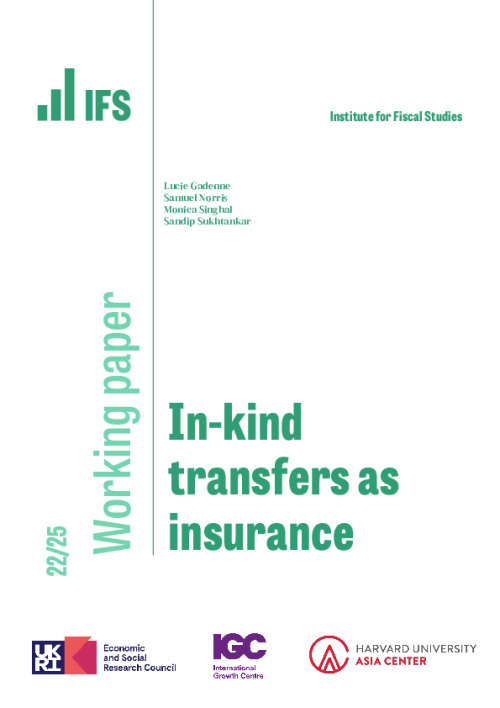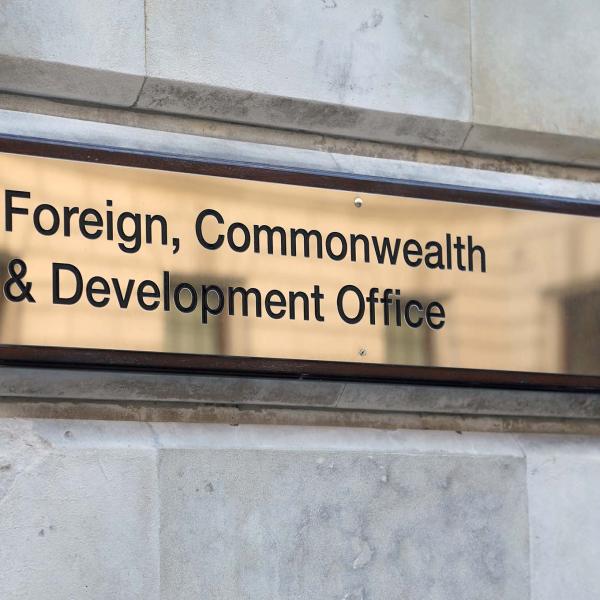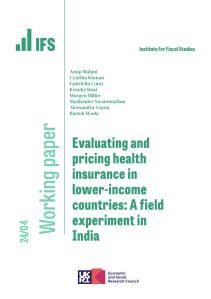Downloads

WP202225-In-Kind-Transfers-as-Insurance.pdf
PDF | 1.82 MB
In-kind transfers can provide insurance benefits when prices of consumption goods vary, as is common in developing countries. We develop a model demonstrating that in-kind transfers are welfare improving to beneficiaries relative to cash if the covariance between the marginal utility of income and price is positive. Using calorie shortfalls as a marginal utility proxy, we find that in-kind transfers are preferred for low-income Indian households. Expansions in India’s flagship in-kind food transfer program not only increase caloric intake but also reduce caloric sensitivity to prices. Our results contribute to ongoing debates about the optimal form of social protection programs.
Authors

Associate Director
Lucie is an Associate Director at the IFS and an Associate Professor at Queen Mary University of London.

Samuel Norris

Monica Singhal

Sandip Sukhtankar
Working Paper details
- DOI
- 10.1920/wp.ifs.2022.2522
- Publisher
- Institute for Fiscal Studies
Suggested citation
Gadenne, L et al. (2022). In-kind transfers as insurance. London: Institute for Fiscal Studies. Available at: https://ifs.org.uk/publications/kind-transfers-insurance (accessed: 8 May 2024).
More from IFS
Understand this issue

Sure Start achieved its aims, then we threw it away
15 April 2024

Retirement is not always a choice that workers can afford to make
6 November 2023

When and why should we care about inequality?
9 August 2023
Policy analysis

Distributional analysis of Ghana’s tax system
18 December 2023

Living standards since the last election
21 March 2024

Three ways to improve the design of the UK’s overseas aid spending target
18 January 2024
Academic research

Police infrastructure, police performance, and crime: Evidence from austerity cuts
24 April 2024

Evaluating pricing health insurance in lower-income countries: A field experiment in India
14 March 2024

Longer-term impacts of the COVID-19 pandemic on the dietary purchasing choices of British households
4 April 2024